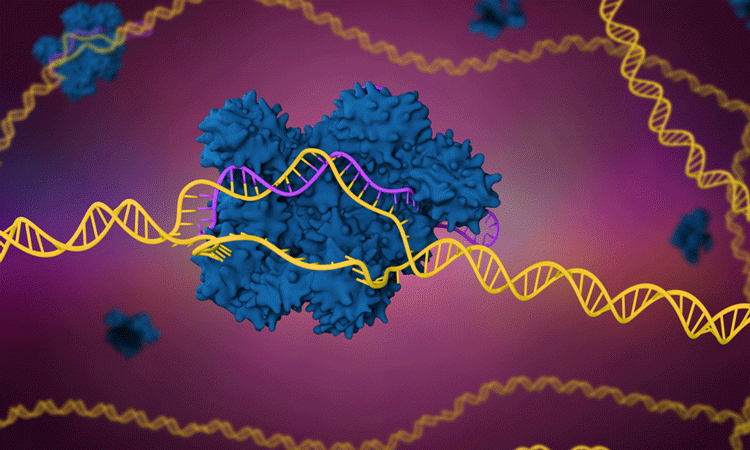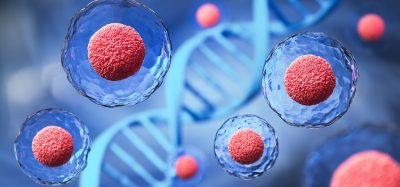Researchers use new CRISPR method to alter specific bacteria strains
Posted: 7 October 2019 | Victoria Rees (Drug Target Review) | No comments yet
A study has demonstrated how to use CRISPR to deliver DNA to particular bacteria, which could be used as an alternative to antibiotics.


Researchers have used a new CRISPR-Cas9 technique to alter specific bacterial strains. They suggest that their method could be used as a personalised therapy and an alternative to traditional antibiotics to kill harmful bacteria in the microbiome.
The study was conducted at Western University, Canada. Previously, there was no way to efficiently and specifically target certain bacterial strains using CRISPR.
The process utilises the microorganism’s natural ability to replicate, called bacterial conjunction, to deliver CRISPR to the desired strains. This then allows the bacteria’s DNA to be altered and be killed.
The researchers were able to transfer the DNA using a cis-acting conjugative plasmid biofilm, as this is the same natural state as the bacteria.
According to the team, their system is not only broadly applicable but also efficient at killing bacteria.
“One of the major reasons that I am excited about this work is that it has a wide range of possible real-world applications,” said Dr Bogumil Karas, Assistant Professor at Western’s Schulich School of Medicine & Dentistry. “It has the potential for development of next generation antimicrobial agents that would be effective even for bacteria that are resistant to all known antibiotics. This technology could also be used to help ‘good’ bacteria produce compounds to treat diseases caused by protein deficiencies.”
The findings were published in Nature Communications.
Related topics
CRISPR, Gene Therapy, Genome Editing, Genomics, Microbiome
Related organisations
Western University
Related people
Dr Bogumil Karas








